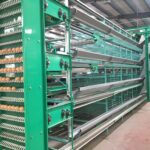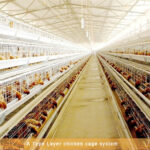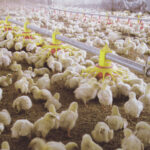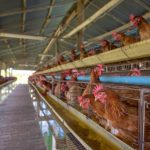Please pay attention to these two aspects of raising chickens in summer
In the hot summer, chicken farmers are facing the adverse effects of high humidity and high temperature environment in summer. If the management is not good, the appetite of the chickens may be reduced, and the feed intake will decrease, resulting in the intake of nutrients such as energy, protein, vitamins and minerals. Insufficient amounts, which in turn degrade production performance, and reduce disease resistance and stress resistance. To this end, farmers should focus on two major issues.
First, please pay attention to these two aspects in the summer chicken raising
Take reasonable measures to control and improve the environment of the chicken house
The ideal ambient temperature for laying hens is 15 to 25 ° C. The best performance is in this temperature range. When the ambient temperature exceeds 30 ° C, the chickens need to increase the number of breaths to dissipate heat, and the feed intake is reduced. The amount is increased, the stool is thinned, the egg production is reduced, the eggshell is thinned, and the broken egg is increased, which causes loss to the production. In summer, the house temperature should be kept below 28 °C. Specific measures include:
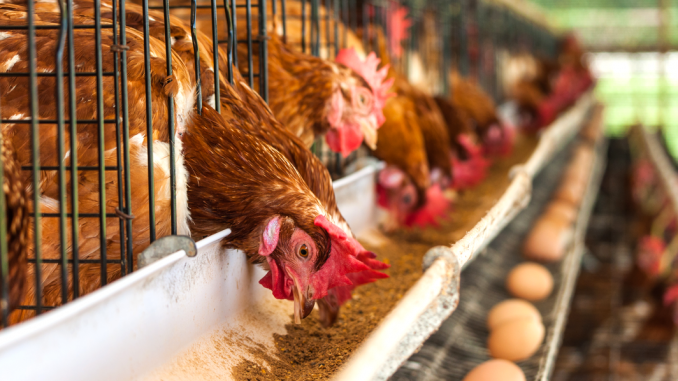
1. It is to strengthen ventilation, reduce the temperature of the house by ventilation and take away the excess water in the house, and strengthen the ventilation even in the morning and night even if the temperature is not high. Large-scale standardized chicken houses with good sealing conditions are equipped with longitudinal negative pressure ventilation, chicken houses with poor sealing conditions, open semi-open houses, longitudinal positive pressure ventilation, and fans to the inside of the house.
2. It is to cool down, set up a sunshade net on the sunny side of the chicken house, avoid direct sunlight, plant trees and plants around the chicken house to reduce the heat of reflection. Open the wet curtain cooling system, and the poor condition of the house should be sprayed with cool water to cool down if necessary.
3. It is timely to clear the feces, chicken manure is easy to ferment and produce heat, and emits harmful gases. Clean the house every morning and evening, keep the house clean and dry.
4. It is to reduce the feeding density in the chicken battery cages, which is conducive to the heat dissipation of the chicken body.
Second, adjust diet formula to balance nutrient levels in chickens
1. Adjust protein and amino acid content. Because the protein produces more calories and less heat is produced, in order to reduce the heat dissipation burden of the chicken, the crude protein level should be reduced as much as possible to ensure the excess protein, while ensuring the essential amino acid content and amino acid balance. Since the protein level is at the lower limit when the feed formula is adjusted, in order to improve the utilization of the protein and ensure the nutritional needs, according to the amino acid content in the diet, the essential amino acid is added, and the methionine can be increased by 10% to 15%, and the amino acid balance is maintained.
2. Increase feed energy concentration. Because heat stress causes the feed intake to decrease, the energy intake is insufficient, and the energy concentration in the feed needs to be increased. The commonly used method is to use fat instead of carbohydrates, and the fat production heat is low, and at the same time, the palatability of the feed can be improved. Prolong the residence time of the feed in the digestive tract, thereby increasing feed intake and digestion and absorption. The amount of fat added to the feed during heat stress is preferably 1% to 3%, but due to the oxidative deterioration of fat, it should be given enough attention.
